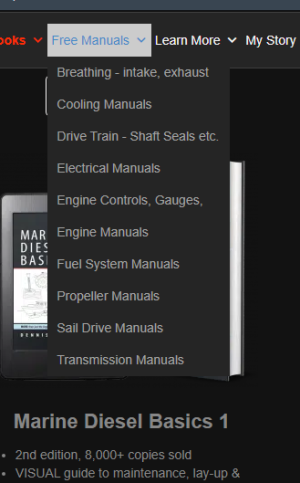Stemar
Well-Known Member
That, plus people who didn't learn the correct, entirely unintuitive, way to start the 200x series. I had a 2003 that was 25 years old when I put it in Jissel, and it was still going strong when I sold her 15 years later, including starting in midwinter.Perhaps the green engines grab a lot of attention because there are so many of them?

